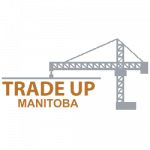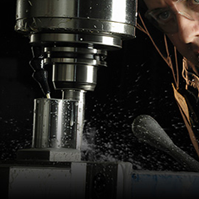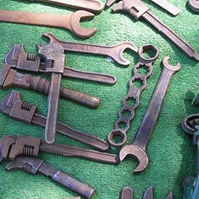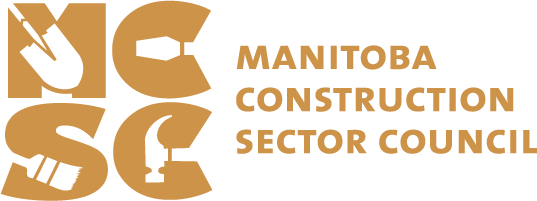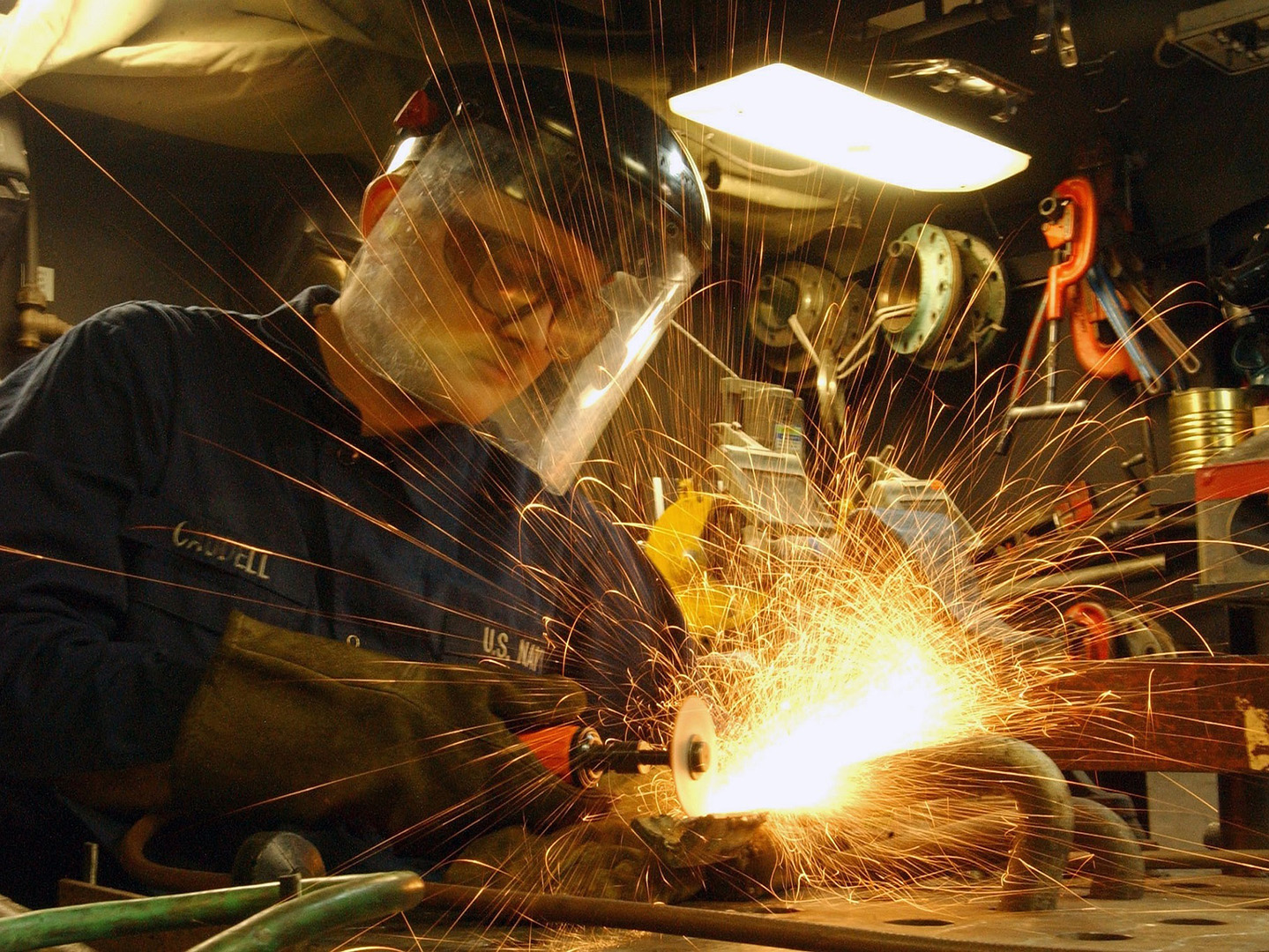
AT A GLANCE
Tool and die makers fabricate tools jigs, fixtures, dies, and equipment that, like pieces of a puzzle, require a perfect fit, for use in industrial and manufacturing production. They build, repair, and modify custom-made prototypes or special tools, jigs, fixtures, gauges, dies, moulds, press tools, and various types of small mechanical devices.
Jigs and fixtures: are devices that hold work pieces while they are bored, stamped, milled, or drilled.
Dies: are metal forms used to shape metal in stamping and forging operations. Dies can be combination, draw, compound, flexible, embossing, coining or progressive. Metal moulds are used for moulding plastics.
As a tool and die maker, you can expect to do some or all of the following tasks:
- Fit and assemble a variety of tools and dies
- Cut material to a required length, angle, or contour using power saws and file materials
- Turn and/or bore contours, spheres, and parallel surfaces
- Drill and ream holes of various sizes and depths in a variety of materials, using drills, lathes, and horizontal or vertical mills
- Mill, shape, and plane metal surfaces
- Cut threads, keyways, slots, serrations, and grooves on shafts and other works
- Grind and sand metal surfaces
- Test surfaces for cracks, hardness, and finishes using a variety of equipment and applications
- Manipulate metal through the use of heat
When a mould is required for the mass production of a plastic part, the tool and die maker will:
- Plan the project working from blueprints, models, or verbal instructions
- Choose, measure, and mark metal stock
- Use a variety of machine tools to machine parts to close tolerances
- Apply heat treatments if required
- Check the accuracy of work and assembling of parts
- Test completed device for proper operation
Note: This occupation is closely connected to the machinist trade and incorporates many of the same skills. However, tool and die makers usually specialize in producing jigs, fixtures, dies, and moulds plus they spend more time fitting and assembling precision components than machinists.
RELATED CAREERS
WORK ENVIRONMENT
Work environments for construction careers can be located outdoors or indoors or both. Work hours may vary as well. Some positions are seasonal while others are all year round, but part-time. Other positions are project-based and may require you to work full-time until the project is complete. And, of course there are careers that have full-time hours all year round.
Below is a list of workplaces where you might find opportunities to gain apprenticeship hours and/or experience:
- Aircraft
- Machinery and farm equipment manufacturers
- Machine shops
- Metal fabricator shops
Other conditions: shift work
Source: Apprenticeship Manitoba Handbook and Manitoba Prospects
MINI SKILLS ASSESSMENT
If you answer YES to the questions below, then a career as a Tool and Die Maker might be right for you!
- Do you have good hand-eye coordination?
- Are you mechanically inclined?
- Do you have strong math skills?
- Do you like working with your hands?
- Could you concentrate on detailed work?
ESSENTIAL SKILLS PROFILES
The Government of Canada Job Bank has identified Nine Literacy and Essential Skills (Reading, Writing, Document Use, Numeracy, Computer Use, Thinking, Oral Communication, Working with Others, and Continuous Learning).
Below you will find links to the Essential Skills Profiles for this occupation and/or related ones:
WAGES
Minimum for Apprentices Skills Booklet 2016, Skills Canada/Manitoba
| $23,920 |
Average for Journey Persons Skills Booklet 2016, Skills Canada/Manitoba | $45,465 – $55,650 |
For more information on apprenticeship wages, click here
TRAINING
Note: To receive the most up-to-date information about satisfying apprenticeship level requirements, contact Apprenticeship Manitoba or visit https://www.gov.mb.ca/wd/apprenticeship/
Tool and Die Maker | |
Program Length (Minimum Years) | 4 years |
Level Requirements | |
Required Hours for each level (L) | L1: 1, 800 hours L2: 1, 800 hours L3: 1, 800 hours L4: 1, 800 hours |
Technical Training/Year (weeks in class) | Y1: 9 weeks Y2: 8 weeks Y3: 8 weeks Y4: 9 weeks |
Additional Licensing | No |
Trades Qualification Requirements (minimum experience required) | |
Minimum years of experience required (within last 10 years) | 6 years
|
Minimum hours experience required | 10,800 hours
|
Practical Exam required | Yes
|
Compulsory Apprenticeship/Certificate of Qualifications required to work | No
|
Red Seal Trade available | Yes |
ASSOCIATIONS
Click the links below for associations related to this career!
